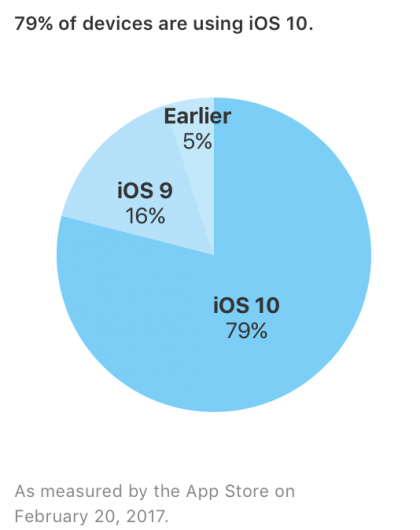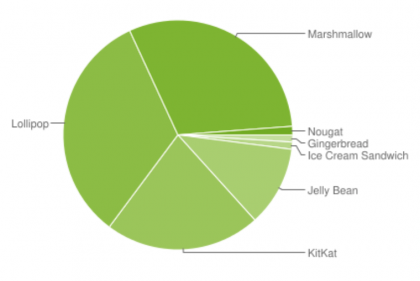From the New York Times:
In what appears to be the largest leak of C.I.A documents in history, WikiLeaks released on Tuesday thousands of pages describing sophisticated software tools and techniques used by the agency to break into smartphones, computers and even Internet-connected televisions.
According to the WikiLeaks files, it appears that the CIA has teams specifically dedicated to breaking into Apple products, including iOS, the software that runs on iPhones and iPads, and even Apple’s line of routers, AirPort.
The WikiLeaks files suggest that the CIA may have access to undiscovered and unreported bugs, or exploits, in iOS, the iPhone operating system.
Business Insider posted this official comment from Apple:
Apple is deeply committed to safeguarding our customers’ privacy and security. The technology built into today’s iPhone represents the best data security available to consumers, and we’re constantly working to keep it that way. Our products and software are designed to quickly get security updates into the hands of our customers, with nearly 80 percent of users running the latest version of our operating system. While our initial analysis indicates that many of the issues leaked today were already patched in the latest iOS, we will continue work to rapidly address any identified vulnerabilities. We always urge customers to download the latest iOS to make sure they have the most recent security updates.
Ever since this issue started to emerge, I’ve always felt that our interests and Apple’s are aligned, that Apple has our back here.


